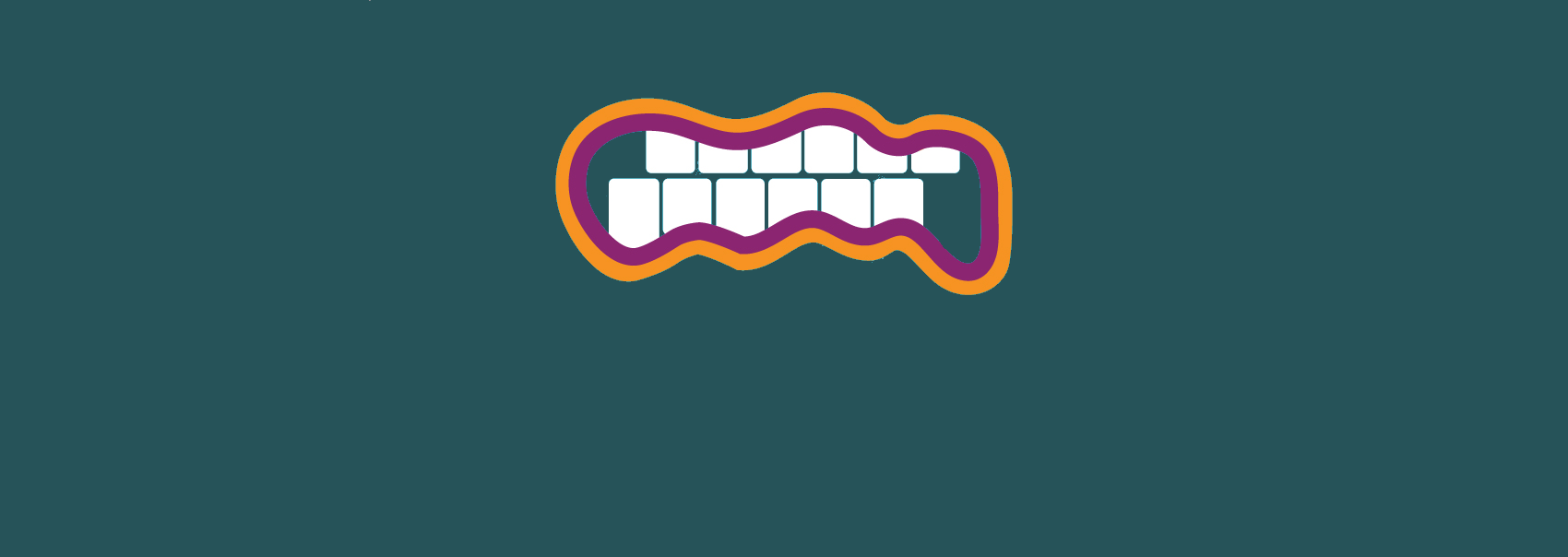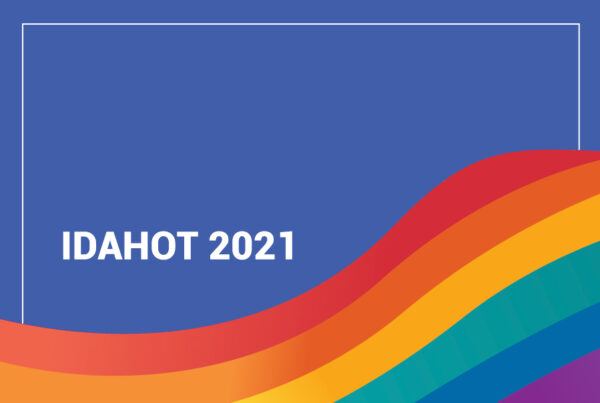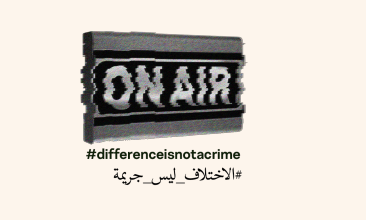Teeth grinding or bruxism, is a condition that mostly occurs in adults and children when they are sleeping or resting, which is why individuals are often unaware of its presence. Stress and Anxiety, are one of the main factors that triggers teeth grinding; if left unnoticed or untreated it can lead to teeth damage or other oral problems.
Therefore watching out for some symptoms is crucial for self-diagnosis, that’s including: constant headache, painful/tired/tight Jaw, painful or/and lose teeth, increased tooth sensitivity, worn tooth enamel, neck soreness, and if your partner(s) hear you grinding your teeth at night as it could be loud.
If you have any of these symptoms, it is recommended that you visit a dentist so they could do a proper diagnosis to determine the cause if it’s psychological or/and physical, and to treat any dental problems that might have occurred to prevent further damage. However, whether you decide to get professional help or not, here are some of the things that you could do:
Reduce Stress & Anxiety
If you’re having a lot of stress in your life, it could be the underlying cause of teeth grinding, therefore practicing some activities could help you a lot in alleviating anxiety. That’s including:
Yoga or stretching – Breathing exercises – Meditation – Massage – Listening to music – Reading a book. You could any of these activities before going to bed or during night time so it could improve your quality of sleep and relax you. Also, make sure to create a sleep environment that is comfortable, cool, dark, quiet, and to keep anxiety inducer items such as computers and mobile phones away from you. You can check our article on mental health on the official afemena.org/covid19/.
If you like to go a step further you can seek professional psychological support such as cognitive behavioural therapy (CBT).
Change your habits
One technique that might be effective for you, is purposely stopping grinding your teeth once you notice that you started clenching. When you’re awake, pay attention on which moments you grind your teeth–it could be when you’re concentrating or under stress, you could break this habit by relaxing the jaw by positioning the tip of your tongue between your teeth or by relaxing you jaw.
Healthier lifestyle
Stopping or reducing smoking, alcohol, high caffeine intake (coffee, Cola etc.), and recreational drugs (e.g. ecstasy, cocaine, Methamphetamines etc.) can decrease teeth grinding. This might not be easy for many of us but if it’s properly done without putting so much pressure on one self it won’t be that difficult for example if you smoke a cigarette every 1 hour, start by making it every 1h 15 minutes and increase the waiting period gradually. Also, drink more water as dehydration might be linked to teeth grinding, and avoid chewing gums as they might lead your jaw to habituate to clenching and teeth grinding
So far, we talked about individual solutions for teeth grinding. However, there’s also other beneficial medical interventions from a dentist or physician:
Wearing Mouth Guards
Wearing a mouth guard at night will create a barrier which will reduce the pressure on the teeth and jaw and protect them. They’re usually made of plastic or rubber, your dentist will custom make a specific one for your teeth in order to fit your mouth. You might find something similar at the pharmacy but they won’t fit as much as the other one since they’re standard made. You may also use a stick such as a tooth pick or a chopstick or even licorice natural sticks or miswak sticks.

Medication
If you’re having pain in your teeth or jaw due to teeth grinding, and you’re having persistent clenching then medication might be the solution.
If severe your physician might prescribe for you some anti-inflammatory drugs to help you relive the symptoms of bruxism, and they could prescribe some muscle relaxant to treat it. Be careful, don’t buy drugs without a prescription as you need to discuss it with your physician beforehand to get the right dosage, and to avoid side effects especially if you have pre-existing conditions (high blood pressure, cardiovascular problems or HIV medication).





